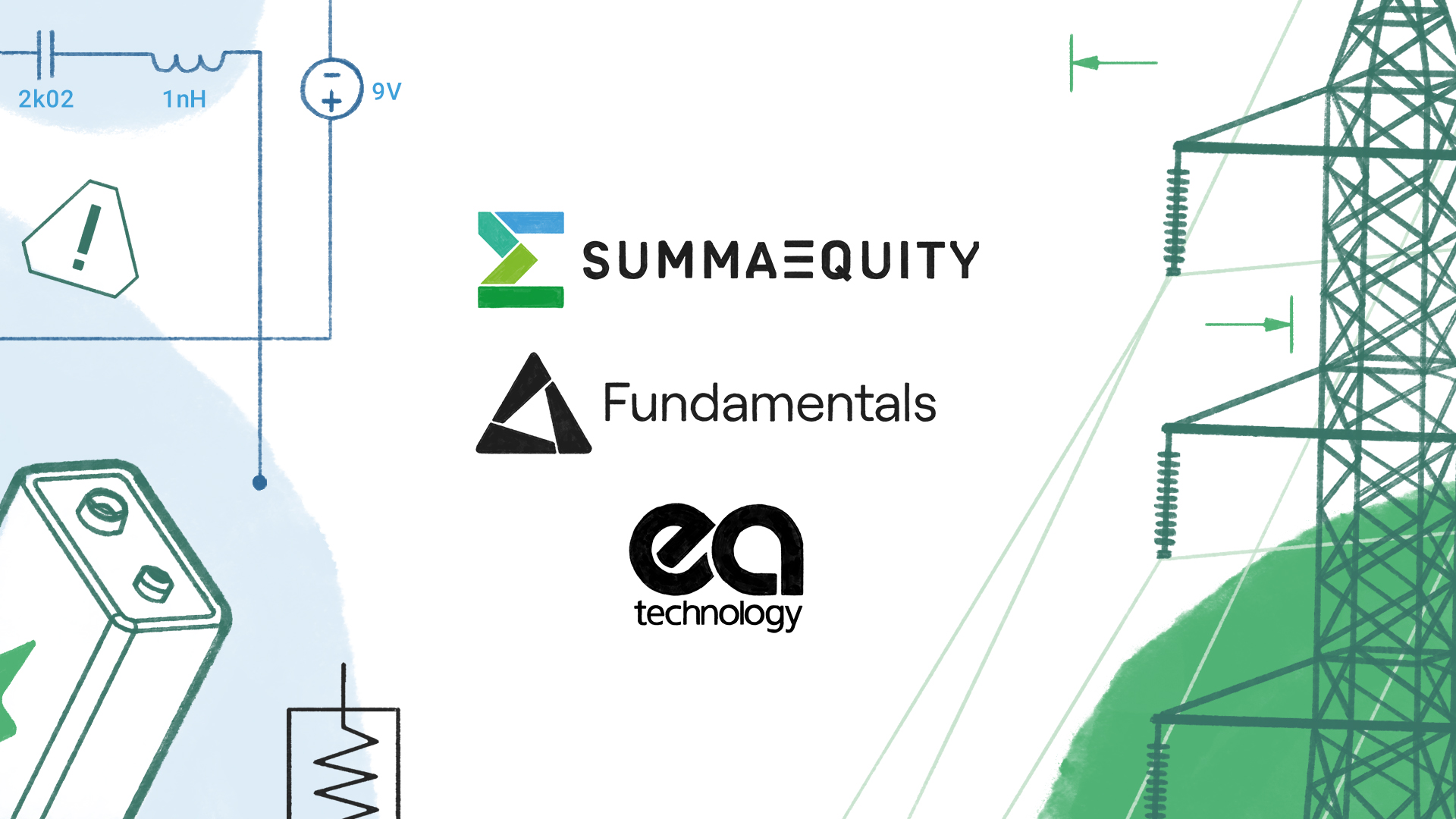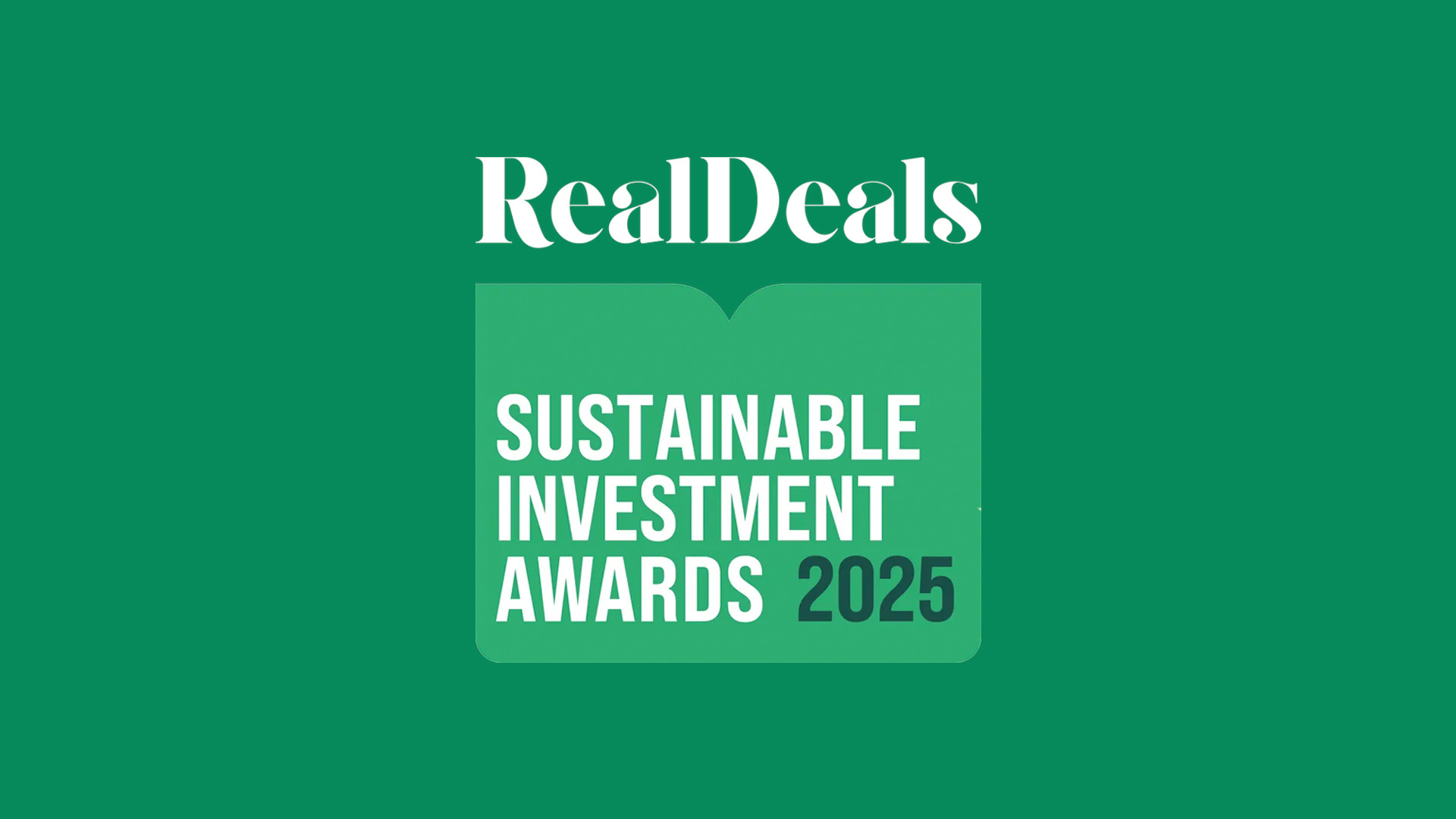How Norway plans to transition to a low carbon economy with Martin Skancke
Martin Skancke is chairman of the Norwegian government’s commission on transition to a low carbon economy, he is also chairman of PR (Principles for Responsible Investment) and board member in several companies. Previously, he led an expert group on climate risk in the government’s pension fund global and also the Norwegian climate risk committee. As well as served as Director General at the office of the Norwegian Prime Minister.
- Podcast
8 min read

Developing a passion to resolve the climate crisis
There was no one single moment of epiphany, says Martin, it was a more gradual realisation following the global financial crisis in 2008.
“I came into the climate issue in particular sustainability issues, with a sort of Asset Management Risk hat on and then as you start digging into those issues, you see that there are lots of much more broader societal issues, ethical issues.”
Martin was asked a few years ago to advise the Norwegian Ministry of Finance on how they could better incorporate climate into the mandate as a risk factor for the fund, and how they should think about climate as a risk factor for the fund. So he did, and they changed the mandate, according to his recommendations. But then they were afraid the fund would become politically entangled in all kinds of difficult political issues, and it would carry a lot of reputational risk.
But, as the fund grew, their position became untenable for two reasons. Firstly, there were a lot of expectations about what it meant to be a responsible owner. And secondly, the fund became so large it wasn’t possible for them to just rely on other investors to discipline management in the companies they’d invested in.
And this, says Martin, is the area where there’s been the greatest change in the fund over the last few years, raising lots of issues around what economists call principal agent problems and the relationship between the owners of companies and the manager of companies.
Principal agent problems
As an owner of a company, you have a very long time horizon, says Martin, for example, the sovereign wealth fund was essentially set up as a permanent fund and should in theory exist permanently, whereas the companies you invest in usually would have a much shorter time horizon. And so one of the issues with, for instance, climate, is how do you incentivise management to take account of a risk factor that is beyond the horizon of most corporate planning cycles?
And this, says Martin, poses an interesting question: can the managers of listed equities learn from the managers of private equity in terms of addressing corporate governance issues?
Norway’s transition to a low carbon economy
Martin is due to publish a report in November on Norway’s transition to a low carbon economy. While the mandate was broad, covering multiple topics including the links between climate issues and nature issues, Martin says in summary, the report covers three key points about how we must change in terms of our thinking about climate policy:
-
Time horizon: We need to think with a much longer time horizon in our climate policy. For too long we’ve been very focused on short term strategies for short term reductions in emissions. And now we need to think about promoting solutions that actually fit in a low carbon society by 2050.
-
The breadth of emissions: We need to realise that when we talk about deep cuts in emissions, the ambition here is cutting our emissions by 90 to 95% by 2050. So it’s not a question of marginal changes, but a total transformation that will affect most sectors of the economy.
-
Systematic thinking: Until now, climate policy has been developed in an ad hoc fashion. And a lot of the expectations we have about climate policy are actually self fulfilling. So, says Martin, if we expect climate policy in the future will be much tighter, we will make investments today that reflect that, and will actually help us meet the climate objectives. And vice versa. If people don’t believe that climate policy will be successful, they will make investments accordingly. And it will reduce the chance of actually achieving success and climate policy.
Martin gives examples where in recent years Norway hasn’t been thinking long term, or systematically. For example, they’ve encouraged the use of biofuels for road transport, which in the short term is good to bring down emissions, but isn’t sustainable for the long term because biofuels create a lot of extra pressure on land use globally.
Then there’s the encouragement of individuals to purchase electric cars, which again, in the short term decarbonise the transport system and results in lower emissions, but these cars have a large footprint in terms of the resources needed to build them. So, rather than incentivising everyone to own a huge electric car, says Martin, we need to start on the other end and think about how we can design our societies, our cities, so that we reduce the need for mobility.
“We started at the opposite end, we started by incentivising everyone to buy their own electric car. And I think we’ll find that policy will be difficult to reverse. But if we had thought more systematically about a solution that has a natural place in 2050, we would have maybe thought about it differently.”
The global institutional failure
While the ‘polluter pays’ principle is effective in some aspects, says Martin, it doesn’t require politicians to have a view on a specific policy, rather it encourages a reliance on innovation to reduce emissions. Meaning a lot of the decisions that need to be made are being made by non market actors, rather than local governments; and local governments have a huge part to play in the transition to a low carbon economy.
“In Norway, municipalities have responsibilities for decisions on land use. They have responsibility for decisions on transport and transport systems, waste management, and lots of other issues that are central to the transition to a low carbon economy.”
That is just one example, says Martin, there are many stakeholders involved in the transition to a low emission society, and this is a problem.
“This is actually an issue of institutional failure, that we don’t have any institutions that are set up to deal with these types of complex issues at the local level, and at the national level, and at the global level.”
The risk side of transitioning late
The risk is so much higher now, says Martin, because Norway is constantly postponing the transition to a low carbon economy. Both the physical risk is accumulating and is getting higher, but also the transition risk is increasing too, because when the transition begins, the faster it has to go. And that fast transition, says Martin, is much more challenging from a risk perspective. There will be dislocations in markets, sudden changes in expectations that can change valuations, and an increased risk of financial instability.
Starting the transition earlier, says Martin, and making change gradually, would have been the best approach. But we’re past the point now where we can reach the climate objectives by doing things slowly and deliberately. We’re actually now in a place where we need to move fast, but a faster transition brings with it increased physical risks that we aren’t prepared to deal with.
The world needs more climate policy action
While the financial sector is taking the need for policy action very seriously, we need more credibility around the trajectory of climate policy over the coming years, says Martin. Because when we have a shortfall in policy, politicians compensate by setting higher ambitions rather than delivering on the ambitions that already existed, which creates a trust deficit.
“We don’t need higher ambitions, we need more action on delivering. We’ve done some of the easiest stuff, but we will not solve this problem only by those types of policies. We need to do more difficult stuff. And that necessitates leadership. And we have a leadership deficit in this area.”
So, how can people get involved? These issues are really complex, says Martin, it takes a lot of skills to try to solve them. You need to have passion, you need a commitment, and you need to have the interest. But you also need hard skills, and you need to understand natural systems, technology, and economics, and you need to learn all of these tools to get a good toolbox you can use to address these problems.
The Summa Summarum newsletter
Sign up to our newsletter
Latest readings
News
EA Technology acquires Fundamentals Ltd
Read more
Summa Equity acquires Peoplesafe, a leading workforce safety provider
Read more
Holdbart and Summa Foundation donate NOK 2 million to support food access in Norway
Read more
Securing the backbone of the digital economy: strengthening cybersecurity for SMEs
Read more
Summa Equity wins double honors at Real Deals Sustainable Investment Awards 2025
Read more